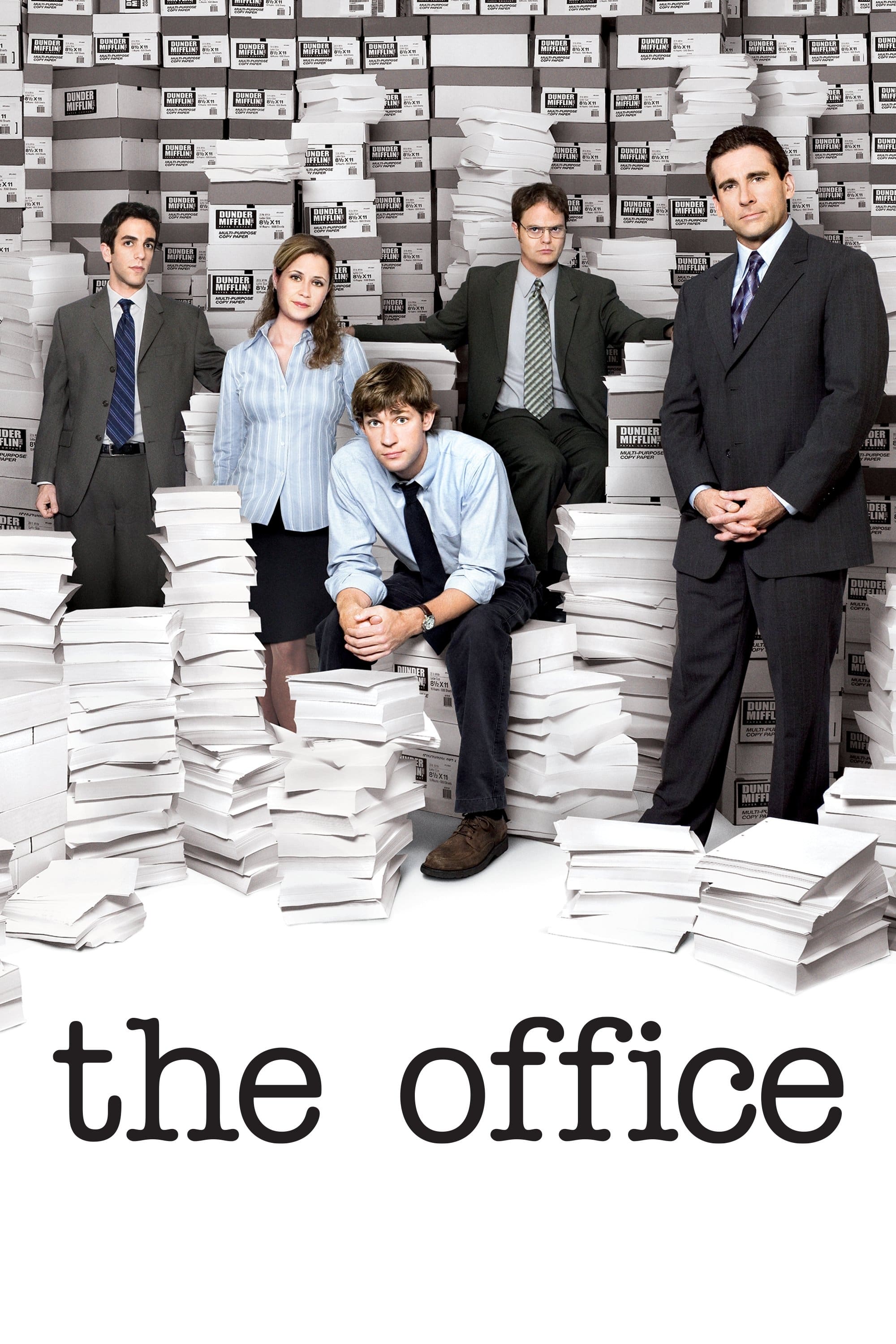Beyond the "That's What She Said" Jokes: A Deep Dive into The Office's Enduring Legacy
The Office (US), a mockumentary sitcom that initially felt like a pale imitation of its British counterpart, blossomed into something truly special. Its nine seasons, filled with cringe humor, awkward silences, and surprisingly heartwarming moments, have solidified its place in television history. But beyond the surface-level laughs and iconic quotes, lies a show that offers a surprisingly nuanced and deeply relatable exploration of the human condition within the mundane setting of Dunder Mifflin Scranton.
This isn't another article regurgitating the same tired "best episodes" list. We're diving deeper, exploring the show's unique brilliance through a lens that goes beyond the easily digestible comedic elements.
The Masterclass in Character Development (and Regression):
While Michael Scott is the undeniable face of the show, it's the supporting cast that truly elevates it. The writers masterfully crafted complex characters with flaws and inconsistencies, preventing them from becoming mere caricatures. Jim's quiet rebellion against his own mediocrity, Pam's journey from hesitant artist to confident professional, Dwight's unsettling dedication bordering on obsession, and Angela's icy exterior concealing a surprisingly vulnerable heart – these aren't just funny quirks; they are intricate narratives unfolding over years. The show's genius lies in its willingness to allow these characters to regress, stumble, and make mistakes, reflecting the chaotic reality of personal growth. We witness their evolution, but also their occasional regression, making their triumphs all the more satisfying and their failures deeply human.
The Unspoken Power of Silence and Awkwardness:
Unlike many sitcoms relying on rapid-fire jokes, The Office masterfully uses silence and awkwardness as comedic and dramatic tools. The prolonged stares, uncomfortable pauses, and the sheer cringe-worthiness of many scenes are not merely filler; they create a realistic portrayal of workplace interactions. These moments amplify the emotional weight of the scene and allow the audience to connect with the characters on a deeper level, empathizing with their discomfort and anxieties. It's a testament to the acting prowess of the cast that these moments resonate so powerfully.
More Than Just a Workplace Comedy:
While the Dunder Mifflin office is the primary setting, The Office transcends the limitations of a simple workplace sitcom. It delves into universal themes of love, loss, ambition, and the search for belonging. The relationships between the characters, whether romantic, platonic, or even antagonistic, are explored with a depth rarely seen in similar shows. The evolving dynamics between Jim and Pam, the turbulent yet ultimately endearing relationship between Michael and Holly, and even the surprising camaraderie between Dwight and Jim, all contribute to a rich tapestry of human connection.
A Legacy of Relatability:
The enduring appeal of The Office lies in its relatability. The mundane office setting, the petty squabbles, the awkward encounters – these are experiences shared by millions. It's a show that acknowledges the absurdity of everyday life, finding humor and humanity within the seemingly insignificant moments. It's a show that, even years after its finale, continues to resonate because it captures the essence of the human experience, warts and all.
The Office isn't just a show to watch; it's a show to dissect, to analyze, and to revisit time and time again. Its enduring legacy is a testament to its exceptional writing, stellar cast, and its ability to capture the bittersweet symphony of life within the confines of a paper company in Scranton, Pennsylvania.


